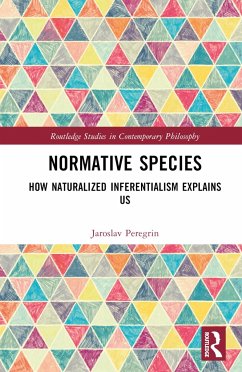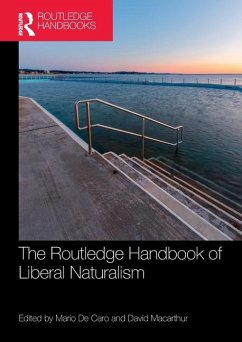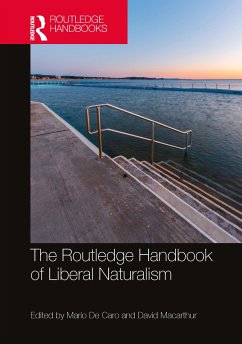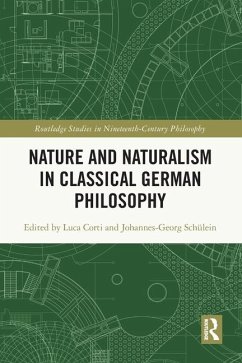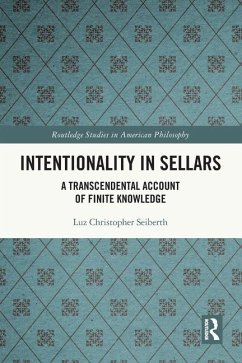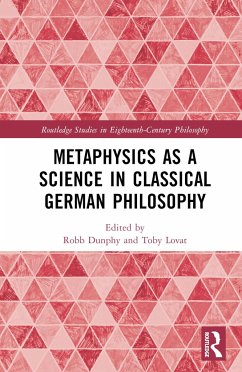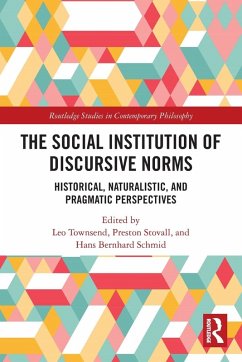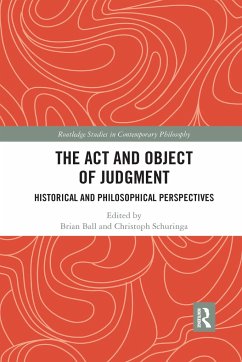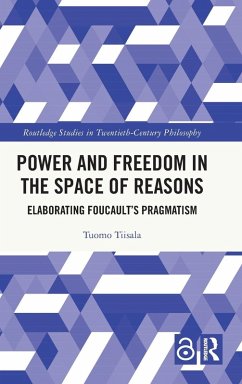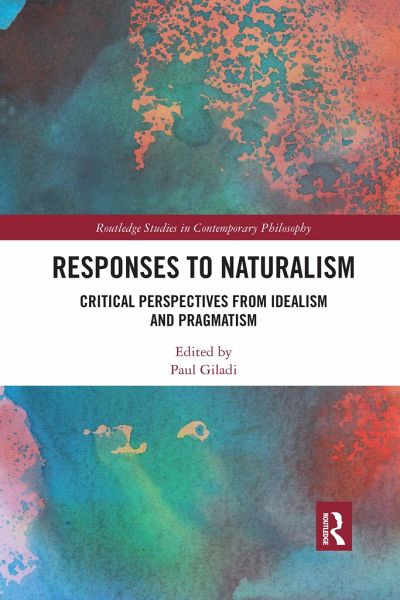
Responses to Naturalism
Critical Perspectives from Idealism and Pragmatism
Herausgegeben: Giladi, Paul
Versandkostenfrei!
Versandfertig in 6-10 Tagen
46,99 €
inkl. MwSt.

PAYBACK Punkte
23 °P sammeln!
This volume offers critical responses to philosophical naturalism from the perspectives of four different yet fundamentally interconnected philosophical traditions: Kantian idealism, Hegelian idealism, British idealism, and American pragmatism. In bringing these rich perspectives into conversation with each other, the book illuminates the distinctive set of metaphilosophical assumptions underpinning each tradition's conception of the relationship between the human and natural sciences. The individual essays investigate the affinities and the divergences between Kant, Hegel, Collingwood, and th...
This volume offers critical responses to philosophical naturalism from the perspectives of four different yet fundamentally interconnected philosophical traditions: Kantian idealism, Hegelian idealism, British idealism, and American pragmatism. In bringing these rich perspectives into conversation with each other, the book illuminates the distinctive set of metaphilosophical assumptions underpinning each tradition's conception of the relationship between the human and natural sciences. The individual essays investigate the affinities and the divergences between Kant, Hegel, Collingwood, and the American pragmatists in their responses to philosophical naturalism. The ultimate aim of Responses to Naturalism is to help us understand how human beings can be committed to the idea of scientific progress without renouncing their humanistic explanations of the world. It will appeal to scholars interested in the role idealist and pragmatist perspectives play in contemporary debates about naturalism.





